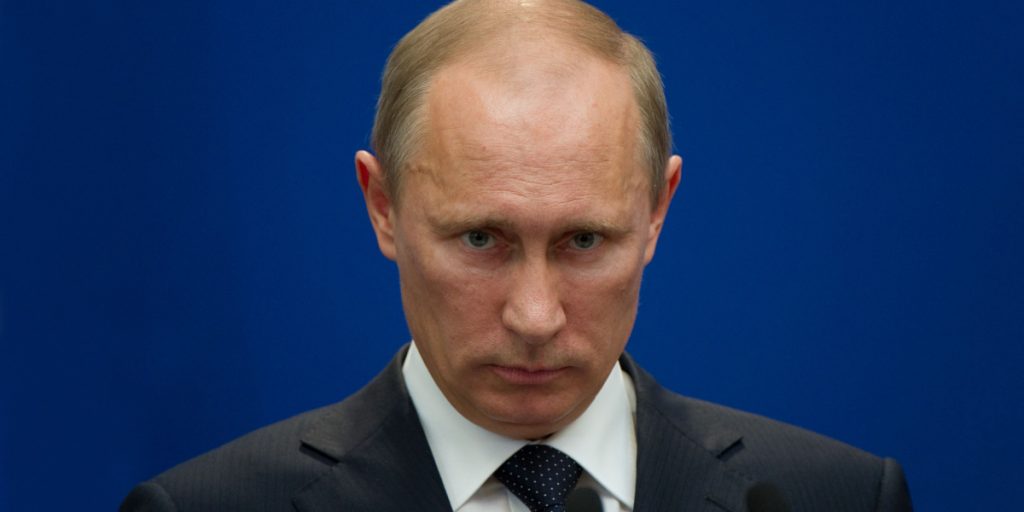The Russian ruble is weakening, and economic activity is beginning to slow.
Others are reading now
Russia’s economy has surprised many by defying expectations, growing even amid sanctions and ongoing conflict.
Baffled International Economists
Despite predictions of a deep recession following the invasion of Ukraine in 2022, Russia’s GDP not only recovered but has remained higher than pre-war levels, according to El Economista. This unexpected growth has baffled international economists and institutions, including the International Monetary Fund (IMF).
However, the Russian economic “miracle” may be nearing its end. Two significant challenges are emerging: rising inflation and the war’s impact on Russian territory. As Ukraine’s forces gain ground, controlling over 1,200 square kilometers of Russian land, the economic strain is becoming apparent.
The Russian ruble is weakening, and economic activity is beginning to slow.
Also read
Much of Russia’s economic growth has been driven by increased military production. While this boosts GDP numbers, it does little to improve the average Russian’s quality of life. Resources are being funneled into the war effort, leaving other sectors starved for investment and labor.
Inflation Rising Rapidly
Inflation is rising rapidly, with consumer prices up 9.13% in July compared to the previous year. Experts from Bloomberg Economics warn that Russia’s economy is overheating, with demand far outstripping the country’s productive capacity.
As the war continues and inflation escalates, the Russian government faces tough choices. Continued military spending will further strain the economy, potentially leading to a severe downturn.
Analysts believe that while the economy has defied expectations so far, the long-term outlook is bleak unless significant changes are made.
In addition to these internal pressures, the growing presence of Ukrainian forces within Russian territory could force Moscow to divert even more resources toward defense and reconstruction, further exacerbating the economic challenges.


